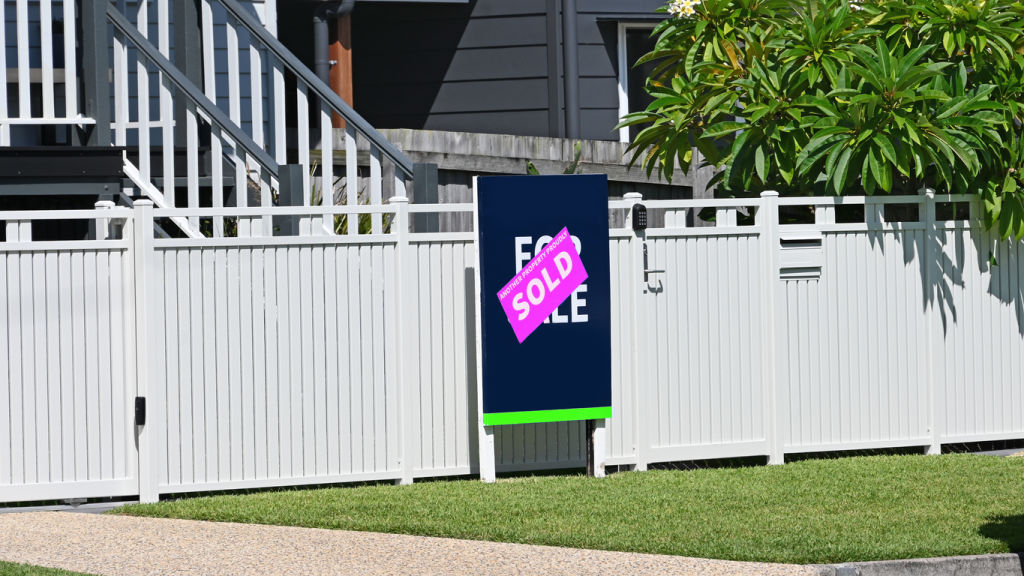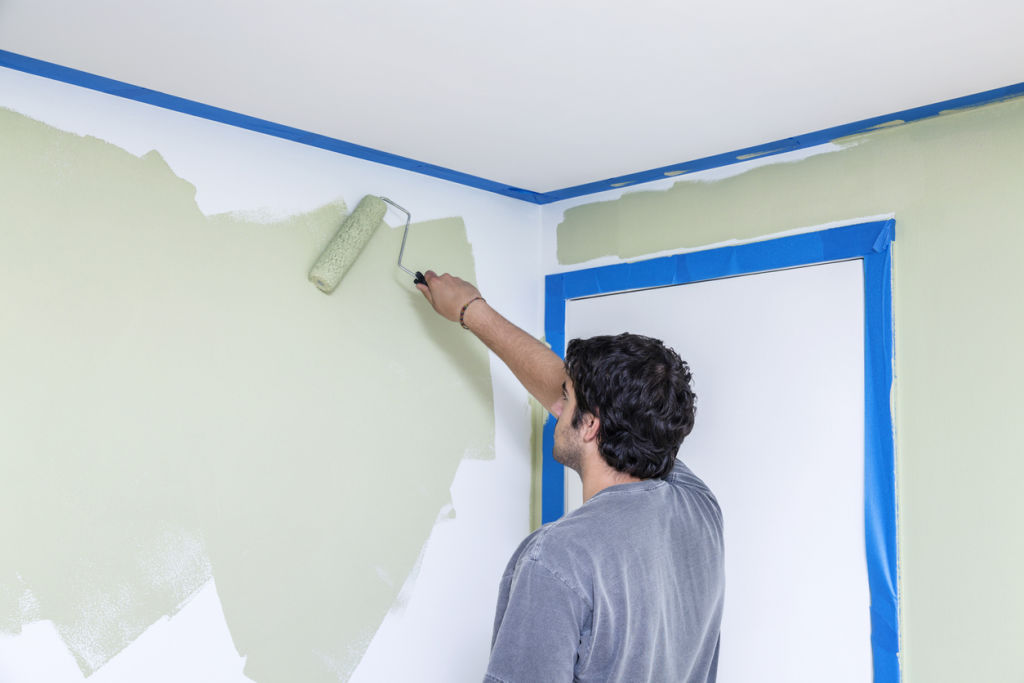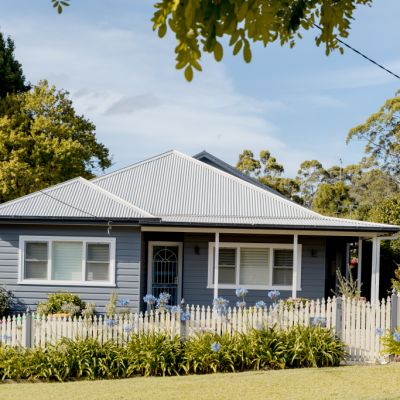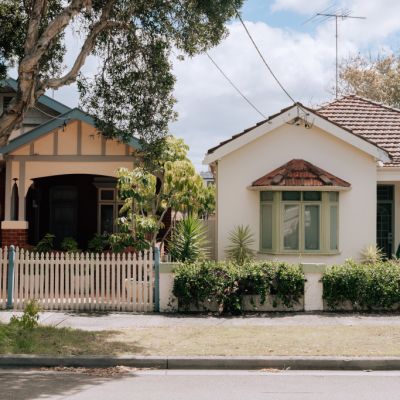How can you cut costs when selling your home?
The costs of selling your home can add up pretty quickly these days. While some of these expenses can’t be avoided, there are ways to save. Here’s how.
Know the costs upfront
You can’t save money when selling your home if you don’t know what to expect. Do your research so you understand the costs involved, including the pre-sale preparation, any renovations or repairs that need to be made on the property, marketing and legal costs, home staging, moving costs, and conveyancing costs.
Also, familiarise yourself with the market. Ask your agent for evidence of recent local sales. If homes are selling like hotcakes in your local area, you might not need to invest as heavily in the marketing campaign.
Once you settle, you must check to see if you’re subject to a mortgage discharge fee (around $300 to $400) or capital gains tax.
Negotiate the commission
When speaking to potential agents to work with, ask how much they charge in fees and commissions to sell your home.
According to research by Finder, commissions range from between 2 per cent and 5 per cent of the total sale price of your home. On a $600,000 property, that’s a commission of $13,200 to $27,000.
The commission varies depending on the home’s location, property type, sale price and the amount of competition between agents in that area.
You may also reduce costs by convincing an agent to eliminate some of the services offered, which could save you money if your local area is a hot market.
When picking an agent, look at their track record in your local area over recent years and pay attention to how long their listings sit on the market before selling. This will indicate what the market is like in your local area and how hard they will work to sell your home.

Spend time decluttering
Is your home stuck in another era?
If you want to sell your home this year, get yourself out of the ’80s and opt for a neutral palette to broaden the range of people who might find it appealing, advises interior designer Kellie Richardson from Kurved by Design.
Styling your property to appeal to a broader pool of buyers could increase your sale price by up to 15 per cent, she says.
“Today, millennial buyers are looking for properties with open, flowing spaces. They prefer the minimalist look without furniture that takes up a lot of space.”
Invest in maintenance that matters
Selling your home doesn’t mean opening the floodgates to extravagant expenses. Invest in maintenance that matters – fix leaky taps, ensure the air-conditioning system hums smoothly, and don’t overlook the power of fresh paint, property conveyancer Peta Stewart says.
“These aren’t just repairs; these expenses are an investment in the first impression your home will make. Remember, the goal is to showcase a home that’s loved and well cared for. It’s the subtle touches that can turn your home into a magnet for offers.
“It’s the smart, not the spend-thrift who leads the way to lucrative deals.”
The other option is to sell your home as it is. Make it clear to the agent that you’re unwilling to make any repairs, even if the buyer requests them. This approach can work in a seller’s market and save you money.

Choose your own solicitor
You don’t have to use the conveyancer or solicitor recommended by your estate agent.
A conveyancer examines the contract of sale, ensures the deposit is paid, arranges the payment of stamp duties, conducts all checks with the local council to ensure there aren’t any outstanding matters related to your property, and ensures the settlement is completed.
Services start between $1500 and $2000, and it pays to shop around.
Be open-minded
If your agent has an interstate buyer interested in your property, consider whether you can facilitate a live show-through and be available to answer questions.
And don’t sweat the small stuff. Consider saying ‘ yes ‘ if the buyer asks you to leave the fridge or your outdoor setting behind. The little things seal the deal and can help you achieve your asking price.

Cut your moving costs
Make sure you have money set aside for the move once you find a buyer.
Pack carefully, sell items you don’t want to take with you, disassemble large items in advance, and consider what you can move yourself.
If you’re booking a removalist for bulky items, leave yourself plenty of time to shop around and consider moving on a weekday, which will be cheaper.
We recommend
We thought you might like
States
Capital Cities
Capital Cities - Rentals
Popular Areas
Allhomes
More










